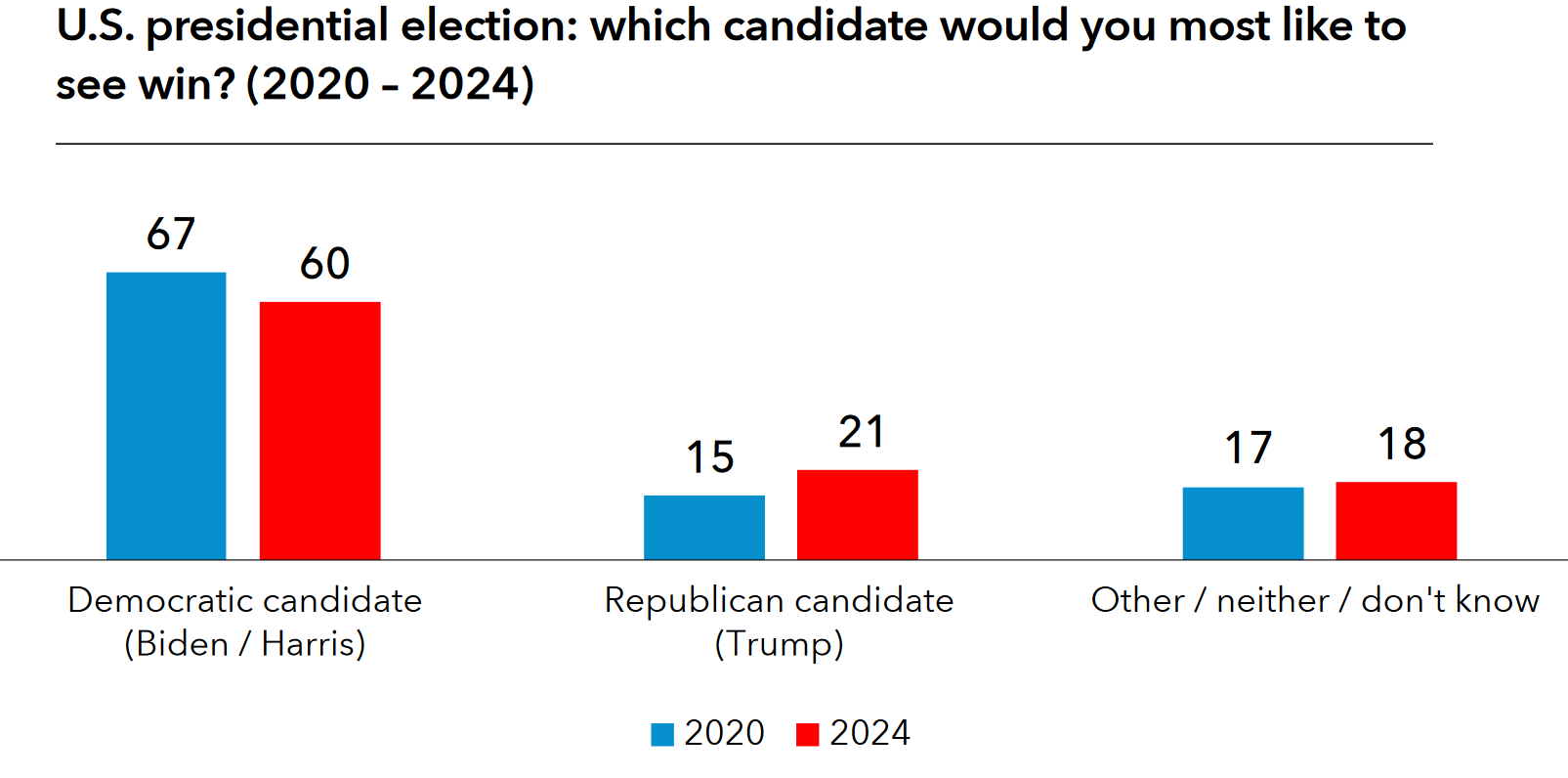
Canadians and the U.S. Presidential Election


Canada’s racist social norms — and how we can change them
A groundbreaking study into the social norms around racist demeanours may lie the secret of tackling racism by addressing those unspoken social rules much like how public health officials changed public smoking through anti-smoking campaign.
In a Facebook group, a white woman responds to a post about new government funding for clean water at an Indigenous reserve, complaining that Indigenous people already get too much support and should do a better job of looking after themselves.
At a bar, a man of European descent joins a discussion about police treatment of Black people and insists that racism and racial profiling happens in other countries, but not in Canada.
Why is it that some people make these kinds of perceivably racist and offensive remarks publicly even as others who might share the views hold their tongue? Whether someone makes such comments out of ignorance, prejudice or insensitivity, people tend to conduct themselves in accordance with what’s socially acceptable.
“Thirty years ago, smoking in public was acceptable. It was cool. It was just part of the framework. And there was an actual long-term public health campaign, if you will, in essence, to de-normalize smoking in public. It’s a complex intervention that, over time, was quite successful,” says Keith Neuman of the Environics Institute, author of the Canadian Social Norms and Racism study.
“That’s where we’d like to go with racism. Anti-racism initiatives may benefit by focusing more on social norms, which are more easily changed than ingrained attitudes and prejudices.”
Read more in The Toronto Star
Extensive research shows that having a mentor at work has numerous benefits for both participants and employers. Leaders, particularly women, Indigenous, and racialized leaders often cite mentorship as key to their success.
Read MoreRecent polling on immigration, energy, foreign relations and generational divides offers clues about where voters may be heading next.
Read MoreOur various expressions of nationalism will keep tying us up in knots, and for that we should be thankful.
Read More